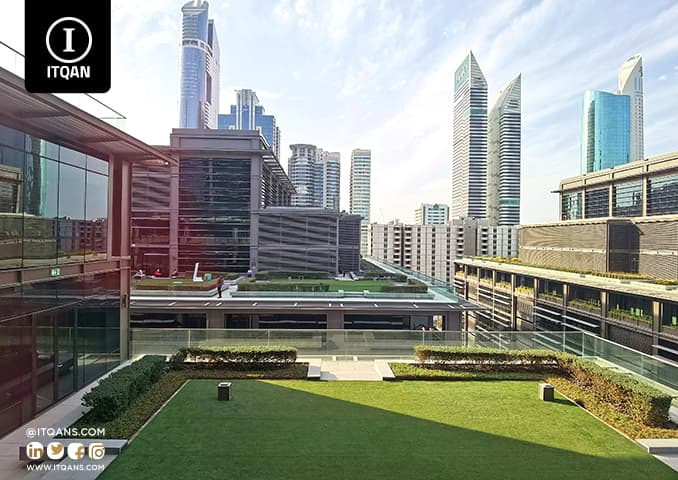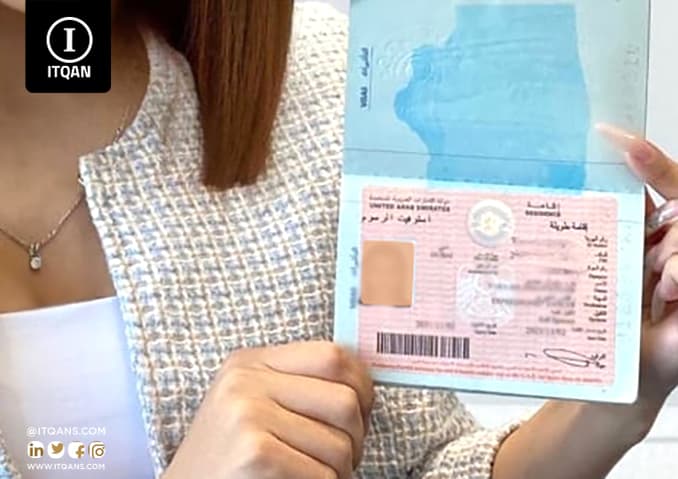Establishing a company in Dubai Free Zone, especially in a free zone, represents an important strategic step for investors seeking to benefit from the evolving business environment and open economic climate in the UAE. Dubai’s freedom zones are interesting thanks to their business-friendly policies and flexible legislation that facilitate business operations and increase foreign direct investments.
Freedom zones have many advantages, such as obtaining 100% foreign ownership, not imposing taxes on income and companies for a specific period, in addition to multiple exemptions from government fees and licenses. These areas also provide advanced infrastructure and support services that contribute to the sustainable growth of companies.
Establishing a company in a free zone in Dubai requires specialized consultation to understand the legal and regulatory procedures, in addition to strategic planning for success and sustainability in the local and global market. The experience of establishing a company in Dubai is an exciting and exhilarating experience for investors seeking to benefit from growth and expansion opportunities in the modern and dynamic emirate of Dubai.

Establishing a company in Dubai Free Zone
جدول المحتوى
ToggleSteps to establish a company in Dubai Free Zone
Establishing a company in a free zone in Dubai requires following several basic steps, which are as follows:
- Choose a company type: Select the appropriate company type for your business, such as a limited liability company (LLC), sole proprietorship, or joint stock company.
- Choose a free zone: Find a free zone that suits your business needs, such as Dubai South, Jebel Ali, or Dubai Mercom.
- Identifying the business: This may require ensuring that your business complies with the terms and laws of the specific free zone.
- Company registration: Submit a company registration application to the relevant free zone authority, and submit the required documents such as partner certificates and operational plans.
- Obtaining the necessary licenses: Obtain the necessary governmental and municipal licenses for your business activity, such as health, construction, and others as needed.
- Open a bank account: Open a bank account for the company in one of the approved banks in Dubai to manage the company’s financial transactions.
- Company insurance: Required insurance may be required, such as property insurance or health insurance for employees.
- Obtaining visas and residency: You may need to obtain residency visas for employees and officials, if this is necessary for the company’s work.
- Tax Compliance: Ensure registration with local tax authorities and compliance with applicable tax laws in the emirate.
The cost of establishing a company in Dubai Free Zone
The costs of establishing a company in a free zone in Dubai may vary based on several factors such as the type of company, the free zone chosen, and the planned business activity. Here are some approximate sources of costs that can be relied upon:
- Registration and license fees: This includes registration fees for the company in the free zone and the licenses necessary to practice commercial activity. These fees may start from several thousand AED and rise depending on the type of company and free zone.
- Costs of legal consultations and services: It is recommended to obtain legal consultations to ensure that the correct legal procedures are followed and the necessary approvals are obtained.
- Real estate and office costs: You may need a lease for an office or space to conduct your business. Rental costs vary based on the free zone and space requirements required.
- Administrative and other fees: These include administrative fees such as insurance fees, and fees for additional services that the free zone may request, such as logistical or security support services, and others.
- Labor and Operations Costs: Funds must also be available to cover labor costs and the day-to-day operation of the business, such as salaries and overhead expenses.
Documents necessary to establish a company in Dubai Free Zone
To establish a company in a free zone in Dubai, the competent authorities usually require a number of basic documents to complete the procedures. These are some of the basic documents you may need when applying to establish your company:
- Application form: This includes filling out and signing the application form for registering the company in the free zone. All required fields must be filled out accurately.
- Detailed business plan: A breakdown of the planned business activities, financial projections, and future operational plans of the company.
- A copy of the passport: A copy of the passport of all founders and shareholders of the company.
- A copy of the residence permit (if necessary): If one of the founders or shareholders holds residency in the Emirates, a copy of the residency must be submitted.
- A copy of the job certificate (for founders): In some cases, the competent authority may require a copy of the founders’ job certificate as proof of their professionalism.
- Lease contract or use license (for the office): A copy of the lease contract or use license for the office that will be used as the company’s registered address in the free zone.
- Permission from the parent company (if it is a subsidiary): If the company is a branch of a parent company, you may need permission from the parent company to establish the branch in the free zone.
- Signing official documents: Signing all official documents required by the founders or their authorized representatives.
Taxes applied to companies in free zones in Dubai
In Dubai free zones, companies enjoy multiple tax exemptions, this includes:
- Not imposing personal income tax: Income tax is not imposed on profits made within the free zone.
- Not charging corporate tax: Corporations are often exempt from paying corporation tax.
- No value added tax (VAT): VAT is not charged on business operations within the free zone.
- Customs and duties: Companies are allowed to benefit from customs exemptions for import and export without paying customs duties.
Basic licenses to establish a company in Dubai Free Zone
To establish a company in a free zone in Dubai, a company usually requires several basic licenses, including at least:
- Commercial activity license: It specifies the type of commercial activity that the company can practice, and is issued by the relevant authority in the free zone.
- Company license: It is issued after registering the company and submitting the required documents, and it proves the legitimacy of the company’s presence in the free zone.
- Building and construction license: If a company needs an office or work space, it may need a building and construction license.
- Health and Safety Licensing: Businesses are sometimes required to obtain health and safety licences, especially if they operate activities that require them.
- Environmental license: Some companies may need environmental licenses related to their activity and their impact on the surrounding environment.
- Advertising and Advertising License: If the company is planning to conduct advertising or promotional campaigns, it may need a special license in this regard.
At the conclusion of this article, it becomes clear that establishing a company in a free zone in Dubai represents a strategic option for investors seeking to benefit from the dynamic economic environment and legislative flexibility that the emirate provides. Dubai free zones have many advantages such as tax exemptions, fast licensing, and access to the Middle East and Africa market. With advanced infrastructure and strong government support, new companies can grow quickly and achieve sustainable success in this business-friendly environment. So, investing in establishing a company in a free zone in Dubai can be the perfect start to a bright and prosperous future in the global business world.
The most important frequently asked questions about establishing a company in Dubai Free Zone
Can I move the company’s headquarters outside the free zone?
Yes, you can move your company’s headquarters to any location in Dubai or outside it after meeting the legal conditions.
What additional services can free zones provide?
Additional services include visa processing for employees, customs services, and logistical support.
How do I choose the right free zone for my company?
Based on the company’s activity, infrastructure needs and future trends.
What types of companies can be established in free zones?
Includes sole proprietorships, limited liability companies, and joint stock companies.
What are the taxes applied to companies in free zones?
Companies in free zones enjoy complete exemption from income taxes for a specified, renewable period.

















